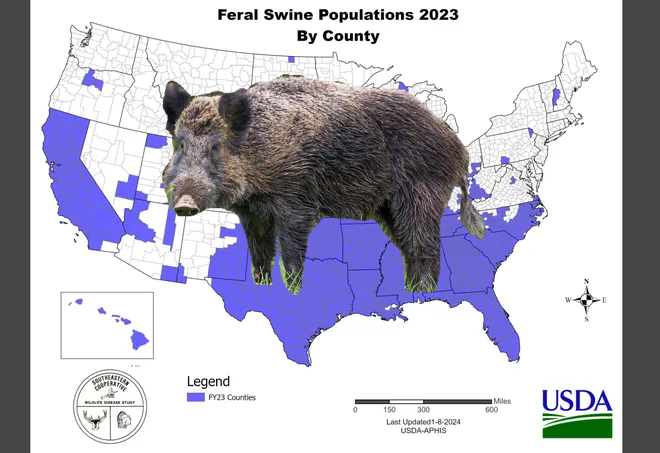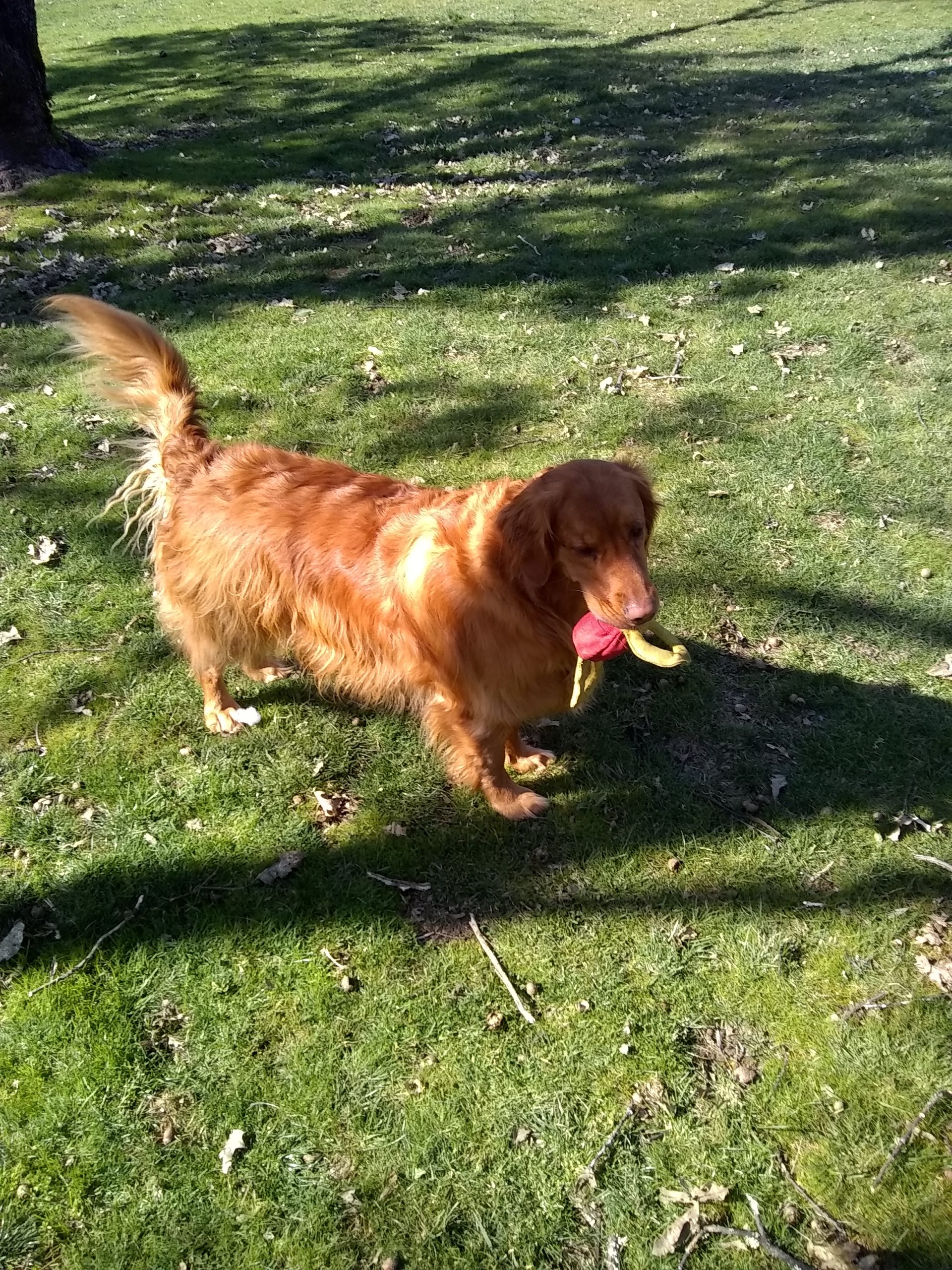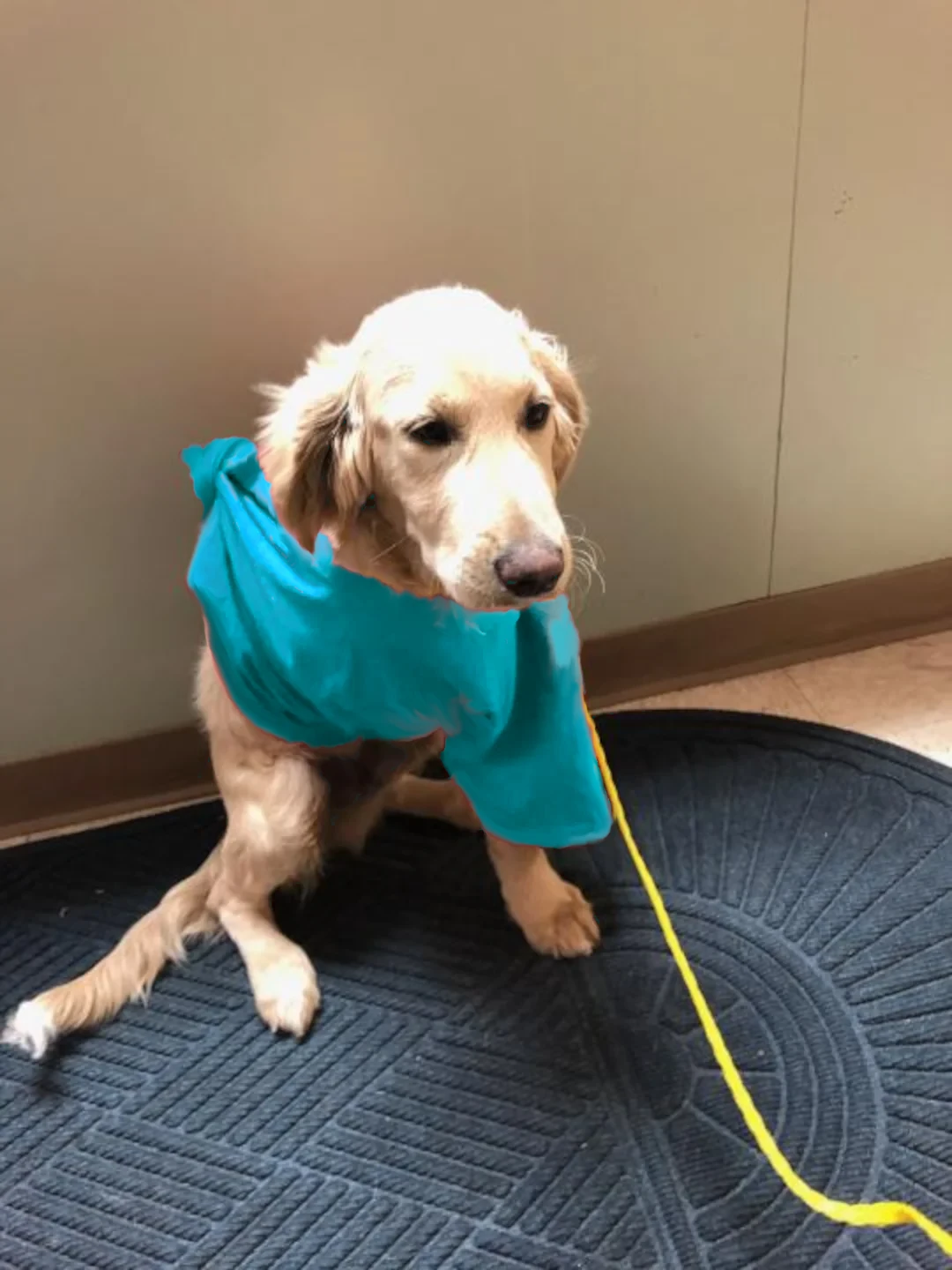The Food and Drug Administration (FDA) announced on November 9 that they are looking into a Salmonella Kiambu outbreak. This particular strain of Salmonella has affected people in seven states and might be linked to a pet food manufacturer, Mid America Pet Food.
Mid America Pet Food has voluntarily recalled more of its products on October 30. These products, which have a best by date before October 31, 2024, were made at their Mount Pleasant, Texas facility. The recall is due to a potential Salmonella contamination. The recalled products include Victor Super Premium Dog Foods, Wayne Feeds Dog Food, Eagle Mountain Pet Food, and two types of Member’s Mark pet foods. These products, which include both dog and cat foods, were sold all over the country in stores and online.
This recall is an expansion of previous recalls by the company on September 3 and October 30.
People started getting sick from the Salmonella Kiambu linked to the pet food between January 14 and August 19. The Centers for Disease Control and Prevention (CDC) reported that one person was hospitalized, but thankfully, no deaths have been reported.
As of November 1, seven people in California, Oklahoma, Minnesota, Alabama, Florida, Kentucky, and Hawaii have been identified as being infected with this strain of Salmonella. Six of these cases were children 1 year old or younger. Five of these cases reported exposure to dogs and three reported feeding Victor pet food to their pets.
A sample of Victor brand Hi-Pro Plus dry dog food collected by the South Carolina State Department of Agriculture was found to match the strain of Salmonella found in the seven human cases.
Salmonella can affect animals eating the products, and there is risk to humans from handling contaminated pet products, especially if they have not thoroughly washed their hands after having contact with the products or any surfaces exposed to these products.
Pets with Salmonella infections may be lethargic and have diarrhea or bloody diarrhea, fever, and vomiting. Some pets will have may only exhibit decreased appetite, fever, and abdominal pain. Infected but otherwise healthy pets can be carriers and infect other animals or humans.
The FDA advises consumers with any of the pet food on this list to throw it away in a secure container. Do not feed it to your pets or other animals. Do not donate the food. Clean and disinfect all pet supplies and surfaces that the food or pet had contact with.
The FDA, in collaboration with CDC and state partners, says it is still investigating these cases and will provide updates as appropriate.





